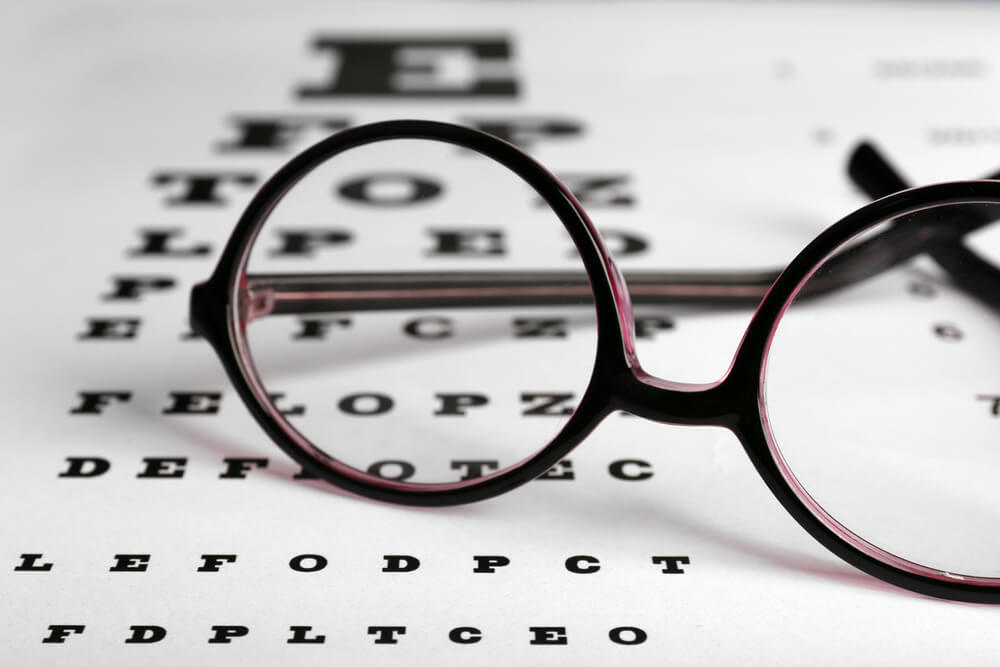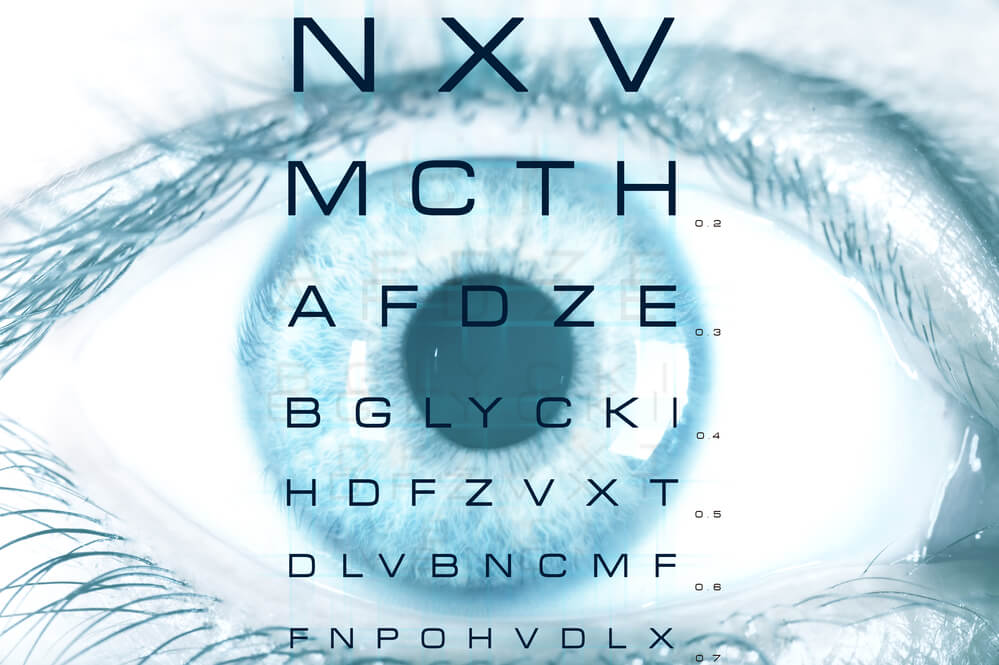New Jersey Ophthalmologist Malpractice Attorneys Discuss What Provides Grounds for Medical Negligence Claims Against Eye Doctors
Your eyes are how you access the world and understand it. They are crucial to physical, mental, and emotional health. As a result, when your eye doctor is part of your healthcare team, you trust that your eye care for disease, vision prevention, and treatment is in good hands. However, when your optometrist or ophthalmologist delivers substandard care, you may develop severe eye disorders and diseases that can affect your whole body and the rest of your life. Although you have faith in your optometry professionals who undergo extensive educational and practical training, they sometimes breach their duties to patients. In these situations, you may have the basis for a medical malpractice claim against an ophthalmologist to recover compensation for losses.
If you suspect your substandard eye care led to complications and injuries that you should not have endured had your optometry care been competent, seek the sound legal counsel of our New Jersey ophthalmology malpractice lawyers at Fronzuto Law Group. Our firm has decades of experience concentrating solely on the practice of medical malpractice law in New Jersey, garnering us a level of insight and practical skill handling these claims that makes us a formidable opponent to those who would seek to deny you justice, compensation, and the peace of making the wrong you suffered right to the extent possible under the law.
Understanding the Fields of Optometry and Ophthalmology
You may see your eye doctor regularly. When you schedule your annual checkup or a visit for a vision or eye problem, you probably see an optometrist. When patients need further diagnosis or treatment, they see an ophthalmologist to treat a broader range of eye diseases and conditions that may require surgery or other treatment that an optometrist cannot perform. It is important to understand the fundamental distinctions between these two eye professionals and the extent of their training and expertise.
Limitations on Eye Care and Treatment by Optometrists
Although an optometrist earns a doctorate in optometry (OD) in a four-year optometry program, they are not licensed to treat certain eye diseases or perform surgery. They are vision care specialists conducting eye exams and fitting lenses to correct vision deficiencies or eye abnormalities. They can detect and treat certain eye conditions, like infections, floaters, and glaucoma, through medication or other treatment.
They can diagnose eye problems and abnormalities, prescribe medication for eye conditions, perform minor in-office procedures, monitor eye problems associated with other medical conditions like diabetes and hypertension, and provide post-surgical or other treatment care. However, an optometrist is not a medical doctor, so their practice is restricted according to state guidelines on their scope of practice.
Broader Scope of Practice by Ophthalmologists
Conversely, ophthalmologists are medical doctors with doctoral degrees in medicine (MD) or osteopathic medicine (DO). Therefore, they can pick up where optometrists leave off. As medical doctors, ophthalmologists must practice a high degree of care and responsibility for patient health outcomes. Ophthalmologists complete medical school and training, totaling 12 to 14 years, to learn medicine, surgery, and, typically, a specialty. Specialties include pediatrics, general ophthalmology, and specific parts of the eye. With their extensive training, they can do what an optometrist does, fit lenses to correct vision problems.
However, they also research the latest eye disorders and cures and sometimes diagnose and treat other conditions unrelated to the eye or refer them to other medical specialists for treatment. They can perform eye exams, fit corrective lenses, prescribe medications, and perform surgeries like LASIK, cataract, glaucoma, and retinal detachment repair. They can also give eye injections for macular degeneration and diabetes, among other vascular disorders.
Most Frequent Causes of Malpractice Claims in Optometry and Ophthalmology
Since their care directly affects the sense people rely on the most, eye doctors must practice optometric care up to the standards of their profession. When an ophthalmologist does not diagnose and treat their patients as other ophthalmologists do when treating similar patients with eye conditions, they commit malpractice.
Failure to Diagnose an Eye Condition or Misdiagnosis
When an eye doctor misdiagnoses or delays the diagnosis of a medical or ocular disorder, a patient could lose their vision, suffer health deterioration, or undergo more extensive treatment due to their condition worsening. Additionally, when a doctor misdiagnoses visual disturbances as the onset of macular degeneration or another condition, they may miss a more serious condition, such as eye cancer, which may be hard to detect without the appropriate tests for ocular melanoma. An ophthalmologist’s failure to rule out cancer or consult with a specialist may be another form of malpractice. Certain cancers have higher cure rates when caught before the disease spreads.
Errors During Eye Surgery
Surgical errors can leave patients vision impaired or with chronic pain. They may worsen a patient’s vision or cause infection when they use unhygienic instruments or materials. For example, cataract surgery is a routine procedure to remove the cloudy lens or lenses that form over an aged patient’s eyes. Thus, when an ophthalmologist mistakenly injures an eye, removes only a portion of the lens, or fails to follow up with the patient after surgery, a patient could suffer permanent injuries. Moreover, anesthesia errors could be fatal.
LASIK surgery is another standard procedure to correct near, far-sightedness, and astigmatism. Lasers reshape the eye to correct vision deficiencies. And yet, this standard procedure can lead to a devastating outcome when a doctor does not review the patient’s medical history, diagnose pre-existing conditions, or follow up post-surgery. A patient’s vision could be worse after LASIK surgery is negligently performed, or they may suffer pain and light sensitivity due to macular holes. The patient may also have blurred or double vision, astigmatism, or night blindness.
Other surgical errors include operating on the wrong eye, implanting incorrect tissue, or performing unnecessary surgery. A patient may not need or be the right candidate for LASIK surgery. For instance, patients with autoimmune diseases, weakened immune systems, glaucoma, cataracts, and other conditions may fare worse after LASIK surgery and should know that before undergoing the procedure. A failure to obtain informed consent from a patient is another type of medical malpractice.
When the patient suffers permanent harm from the surgery, they may have a medical malpractice claim against the doctor. And operating on the wrong eye may lead to a patient’s worsening condition and additional surgery, increasing their pain and suffering. Such a mistake is blatant negligence and likely malpractice.
Negligently Prescribing Medications for Eye Conditions and Diseases
Finally, medication errors are unfortunately all too common. They occur when a doctor fails to check a patient’s chart to ensure the medication they prescribe is compatible with other drugs the patient takes, does not cause allergic reactions, and is the correct medication for the condition. Patients can suffer grave harm when they do not have the medicine they need or take the wrong medication.
Filing a Claim for Optometry Negligence in New Jersey
A medical professional’s negligence forms the basis of medical malpractice. Though doctors make mistakes, the ones that occur due to shoddy practices, miscommunication between medical providers, failure to obtain informed consent, fatigue, lack of skill, training, or education, and failure to keep up with changing technologies and techniques available in the fields of optometry and ophthalmology are inexcusable errors that cost patients dearly.
Whether an ophthalmologist’s care fell below the acceptable standard is a matter of expert opinions by other ophthalmologists practicing in the same specialty and general location. Other factors may indicate medical malpractice, which our dedicated medical malpractice attorneys may uncover when investigating a claim.
Seeking Compensation for Ophthalmology Malpractice in New Jersey
As a victim of ophthalmologic malpractice in New Jersey, you may be able to claim and obtain damages to compensate you for your medical bills, therapeutic expenses, future surgeries, and medical costs, lost wages, future lost wages, pain, suffering, and loss of life quality due to visual impairment. All claims for medical malpractice damages must have proof to support them, as evidenced by medical bills, medical records, pay information, life-care planning, medical and economic expert testimony, and other documentation if and when applicable. Our solid team of New Jersey medical malpractice lawyers at Fronzuto Law Group can help you gather and present all of the necessary evidence to insurers, judges, and juries, depending on the trajectory of your claim for ophthalmologist malpractice.
Contact a Skilled Ophthalmology Malpractice Lawyer for Help with Your Negligent Eye Care Case in NJ
If you or someone you love has sustained eye injuries or complications as a result of medical malpractice by an ophthalmologist or a healthcare provider involved in your optometry care, reach out to our skilled New Jersey ophthalmology malpractice lawyers at Fronzuto Law Group to discuss your case today. We are available to provide you with a free review of your case, to explore the legal avenues that may be available to you, and to thoroughly investigate and formulate your claim for maximum optometry malpractice compensation. Send us a message about your eye injury claim throughout our online form or call 973-435-4551 for immediate assistance.



